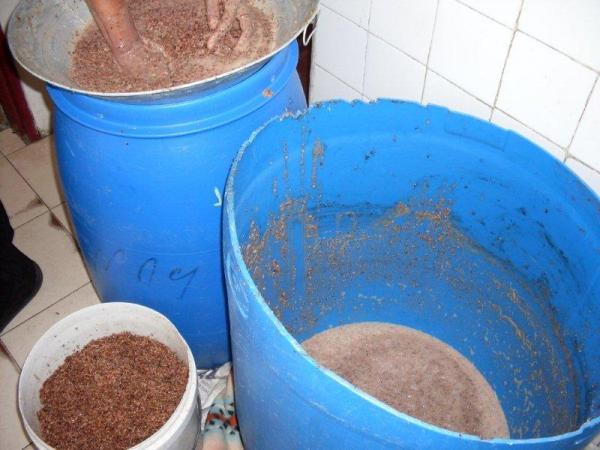Taste of my heritage

NdinguMambhathane, uTshaya, uMxesibe, uMgxubane, Khandanyawana, uMam’Khuma, Nxele, Bhaca, isizukulwana sika Ntswayibana noBhakaqana.
I am Xhosa, born and bred in Cape Town in my beloved township called Gugulethu. People tend to think that all Xhosa people come from the Eastern Cape. Yes, my roots are that side, but I am a Capetonian.
My parents are from the Eastern Cape; mom from Cathcart, and dad from Mount Frere. I consider my heritage to be my culture and the traditions that we follow and live by, from our traditional celebrations right down to our funerals.
My heritage is when we come together as a big family and community, when our sons and brothers go to the mountains to become men or when our daughters and sisters have goats slaughtered in their honour, because they have become women.
My heritage is when I have had a bad dream, bad luck or even good luck, and my mother burns impepho (incense) for me, to rid the evil spirits which cause the bad dreams and bad luck, but to also celebrate and say thank you to abaphantsi (ancestors) for guiding me and giving me good luck.
I look at my mother each time there is umsebenzi (cultural gathering) at home in Gugulethu, from when she goes to the shops to get ingredients to make umqombothi (African beer), to when ibhekile makes the rounds outside between the men.
I remember once my cousins and I were forced by my uncle to drink umqombothi after we refused it. He said: “You have to drink it, it’s part of umsebenzi and every family member needs to take a sip”.
Umqombothi is not the best tasting drink, but it plays a crucial role in each and every cultural gathering that we have in our family. At cultural gatherings one must strictly wear a skirt or a dress, where African songs are sung to the beat of a drum, while our mothers do the traditional dance, ukuxhentsa.
Heritage to me means the prayer meetings we have when there has been a death in the family; the washing of hands after the funeral when you come from the graveyard. At the ritual called ukuhlamba iipeki where umqombothi is drunk, the spirit of the deceased is released and the family is told to mourn the deceased for the next three to six months. Heritage to me is when the deceased’s belongings are shared among family members so each one has something from their loved one.
My heritage is my great-grandfather having a boer as a father and a black as a mother; my grandfather being coloured marrying a black woman, my grandmother. My heritage is having my uncle marrying a coloured woman, and me having cousins who speak Afrikaans as their first language. I know Afrikaans today, because of my heritage.
I could go on and on about the richness of my heritage, what we do and where we come from, but I will stop here. Our cultures make up our heritage.
Next: Angolans lose refugee status
Previous: Ties that bind

This article is licensed under a Creative Commons Attribution-NoDerivatives 4.0 International License.


